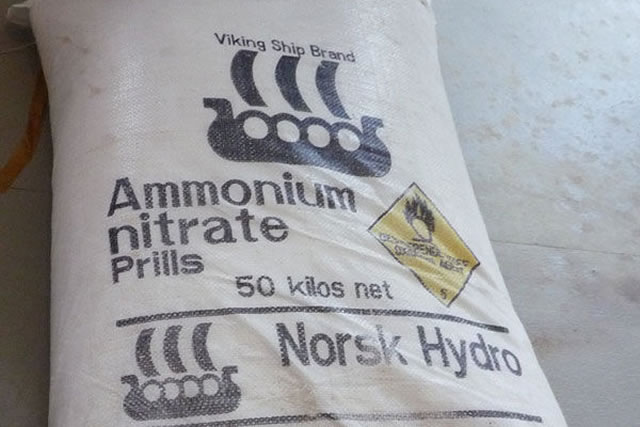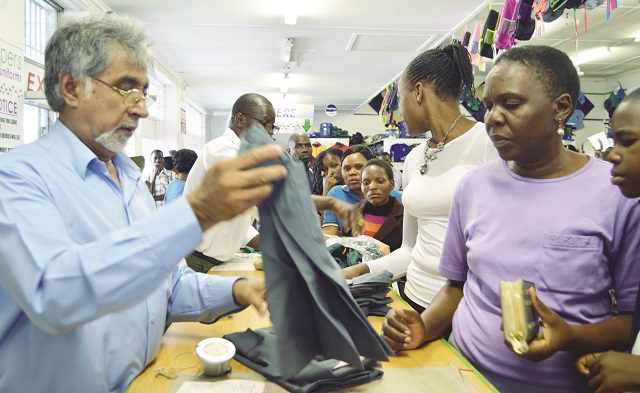Sable Chemicals targets annual 240 000t fertiliser

Midlands Bureau
THE country’s sole Ammonium Nitrate (AN) manufacturer, Sable Chemicals Industries, is targeting to produce about 240 000 tonnes of fertiliser annually by 2019, an official has said.
In an interview on the side-lines of a plant tour yesterday, Sable Chemicals chief executive officer, Mr Bothwell Nyajeka, said the company had a long term plan of producing 240 000 tonnes of AN every year by the end of 2019. He said if there are no disturbances in the disbursement of foreign currency by the Reserve Bank of Zimbabwe (RBZ), Sable Chemicals would this year produce 90 000 tonnes of AN.
“We received a substantial amount of foreign currency from Government for the importation of AN towards the end of last year. Most of our fertiliser is consumed by Government under the Presidential Input Support Scheme Programme,” said Mr Nyajeka.
“This year we are looking forward to producing 90 000 tonnes of AN. From January to July we want to produce 57 000 tonnes of AN and the remaining 33 000t would be manufactured between August and December. Our long term plan is to produce 240 000 tonnes per year by next year.”
Zimbabwe will be able to save more than $32 million once the company starts producing 240 000 tonnes of AN fertiliser, said the CEO. He said 240 000 tonnes would meet the annual local demand of AN fertiliser in the country.
“After meeting local demand we will export the surplus. There is a market for AN fertiliser in Zambia and Malawi,” said Mr Nyajeka adding that for Sable Chemicals to start producing 240 000 tonnes per year, the company requires at least $2.8 million per month.
Sable Chemicals is importing ammonia, a key component in the production of AN, from South Africa following the decommissioning of its obsolete electrolysis plant. Mr Nyajeka said the company is looking forward to using coal bed methane (CBM) in the production of AN.
The Kwekwe-based company switched off its electrolysis plant and is importing ammonia from South Africa that is fed into the AN manufacturing plant, which has the energy consumption capacity of 10 megawatts (MW) compared to 115MW consumed by the electrolysis plant. Sable Chemicals has a staff compliment of 300 people.










Comments